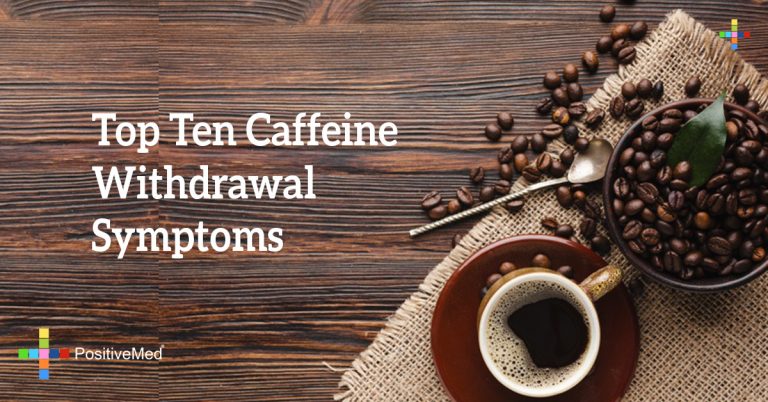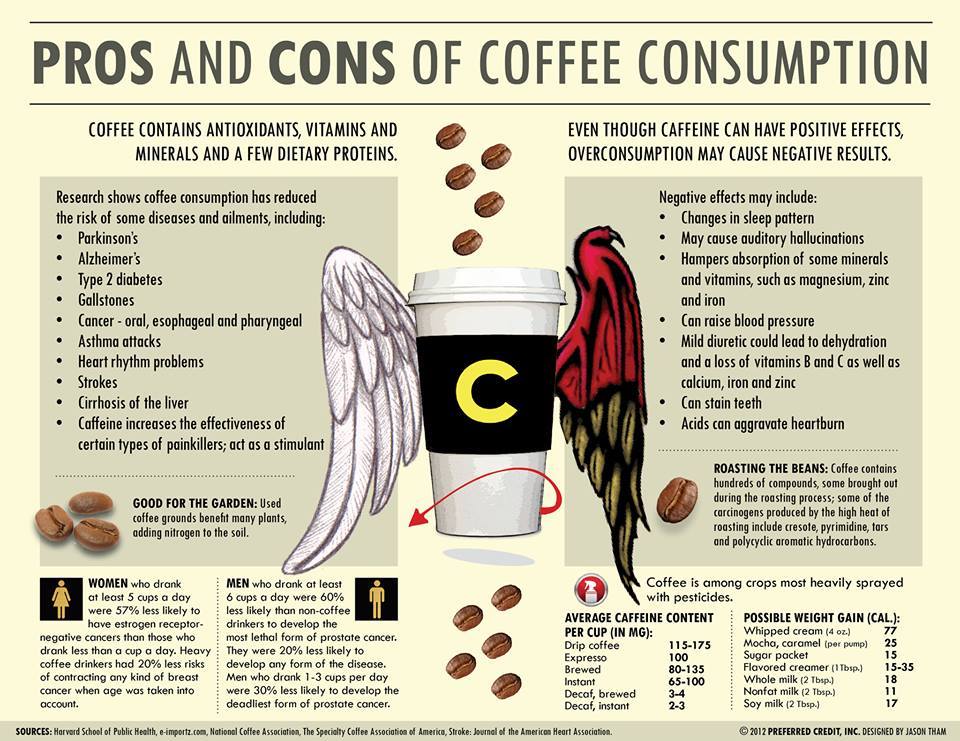The Facts About Breaking Your Caffeine Habit - Sutter Health Revealed

The Buzz on Addiction Blog - The Ranch PA - Residential Drug and Alcohol

Exhaustion. This Author concentrating. Nausea. Muscle pain. Irritation. In basic, the more caffeine you are utilized to consuming, the more serious the withdrawal symptoms are most likely to be. Signs of withdrawal start 12 to 24 hr after the last caffeine intake and can last 2 to 9 days. Caffeine can be a helpful tool for an adult who needs assistance get up and concentrating.
Do not use caffeine excessive or you might end up being dependent or have insomnia or headaches. Otherwise, take pleasure in that coffee or chocolate!.
Caffeine is a natural Stimulant discovered in coffee, tea, energy drinks, sodas, over the counter medications, and weight-loss aids. It is the most commonly utilized Psychoactive drug worldwide and has physically and mentally addicting attributes. Caffeine withdrawal is even acknowledged as a medical condition by the American Psychiatric Association (APA).
Some Known Details About Energy Drinks Addiction Information - UK Rehab
Help is out there Reach out to a dedicated treatment service provider and learn how you can develop the life you want. best Effects Of Caffeine Light to moderate consumption is considered safe and may even offer some health benefits, such as increased awareness and less symptoms of anxiety. On the other hand, Caffeine functions as a Central Nervous System (CNS) Stimulant that directly impacts brain cells and can trigger numerous unfavorable side results.
Its impacts can last in between 3 and 9 hours, depending upon the amount taken in. The chemical structure of Caffeine resembles that of a molecule called adenosine, which has a relaxing effect on the brain and can trigger tiredness. When consumed, Caffeine fits into adenosine receptors in the brain, obstructing them and preventing adenosine from binding to them.

CAFFEINE ADDICTION RECOVERY MONTH - October - National Day Calendar
250 to 300 mg of Caffeine a day is thought about a moderate quantity. An average 8-ounce cup of coffee contains around 100 mg, which is adequate to increase awareness, concentration, and resting metabolic rate. Drinking more than 10 cups of coffee a day is considered excessive and can lead to Caffeine poisoning.

Blame capitalism for your caffeine addiction - The Signal
Our Are Coffee and Caffeine Addictive? A Critical Look - Healthline PDFs
Symptoms of overuse include: Restlessness Flushed facial skin Increased urine production Intestinal problems Irregular heart beat Muscle twitching and shaking Insomnia Stress and anxiety If somebody suspects they have overdosed on Caffeine, they need to call a regional toxin control center to determine whether hospitalization is needed. Mixing alcohol with Caffeine can increase the potency of adverse effects from both and can trigger agitation.
